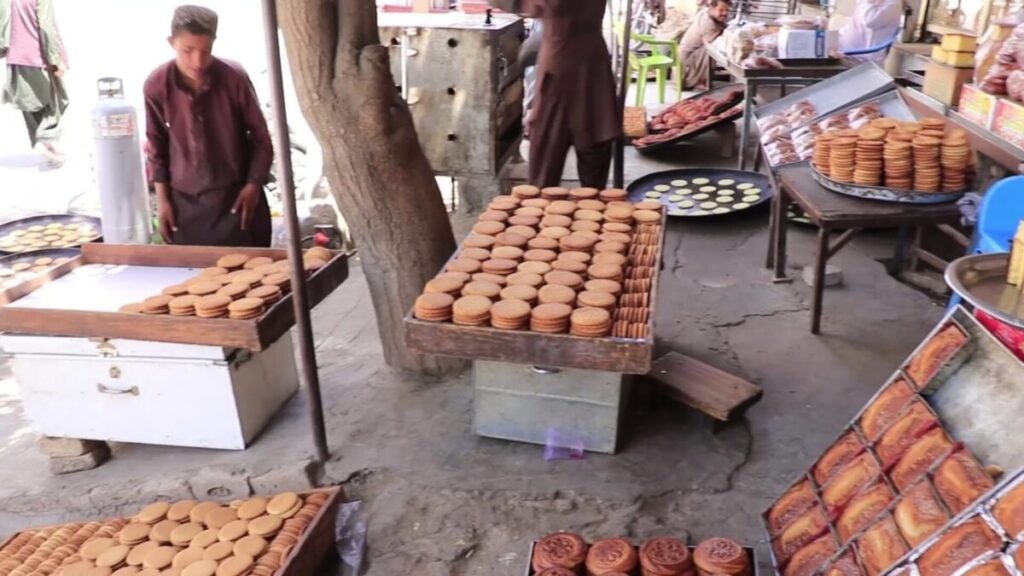With Eid al-Adha approaching, markets across Kabul and Kandahar show few signs of the usual festive bustle. Vendors and residents alike say soaring prices and widespread economic hardship have cast a shadow over one of the most important holidays in the Islamic calendar.
In Kabul’s bustling bazaars, rows of dried fruits and sweets are on display, but merchants say business is far from brisk.
“Dried fruit is more expensive than last year,” said one vendor in the capital. “Business is slow. Sales are very low so far.”
While crowds fill parts of the city, shopkeepers say most people are browsing rather than buying. The Taliban have declared Saturday as the start of Eid — a date that differs from the Saudi announcement — yet for many families, celebrations will be subdued due to limited means.
In Kandahar, the story is much the same. Locals report that many households cannot afford traditional holiday preparations, a stark reflection of deepening poverty in the region. Still, some businesses are pushing forward with optimism.

In one of Kandahar’s traditional bakeries, workers were busy shaping and packaging local pastries.
“We have seven types of cookies,” said the head of a local confectionery. “We distribute them to Helmand, Kabul, Herat — it’s all locally made.”
“This is our sales season,” said another employee. “We are preparing the sweets for Eid. We’re hopeful.”
The pastries, known locally as kulcha, are a cherished part of Afghan Eid traditions. Bakers in Kandahar say their recipes — some dating back generations — include more than 30 varieties, five of which make up the distinctive kulcha-e-Qandahari, or Kandahari sweet bread.
“It’s part of our cultural heritage,” said one baker proudly. “We’re trying to keep this tradition alive.”
Yet for many, the holiday spirit is hard to summon. Residents have previously told Amu TV that economic challenges continue to weigh heavily on Afghan households. Some said they would mark Eid “empty-handed.”
In addition to financial strain, others, especially women and girls, report growing restrictions by the Taliban’s morality police. Increased inspections and limitations have further complicated public life and Eid preparations.
“The atmosphere is not like it used to be,” said one Kabul resident. “The sense of joy is missing.”
As Afghans prepare to observe Eid, for many, this year’s celebration is a reflection not just of faith — but of endurance.





